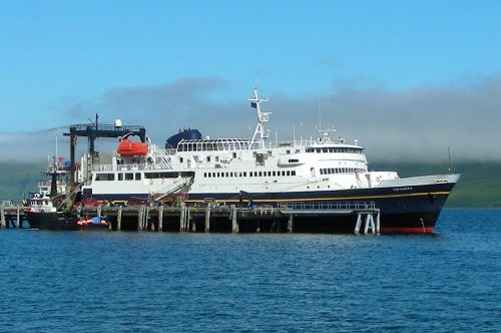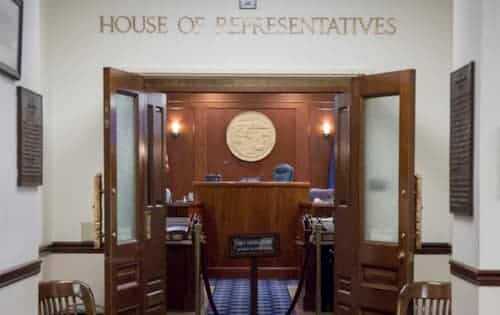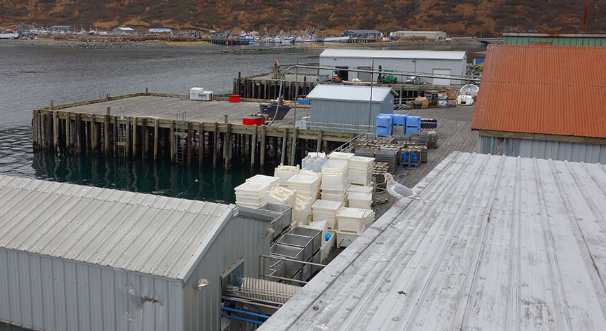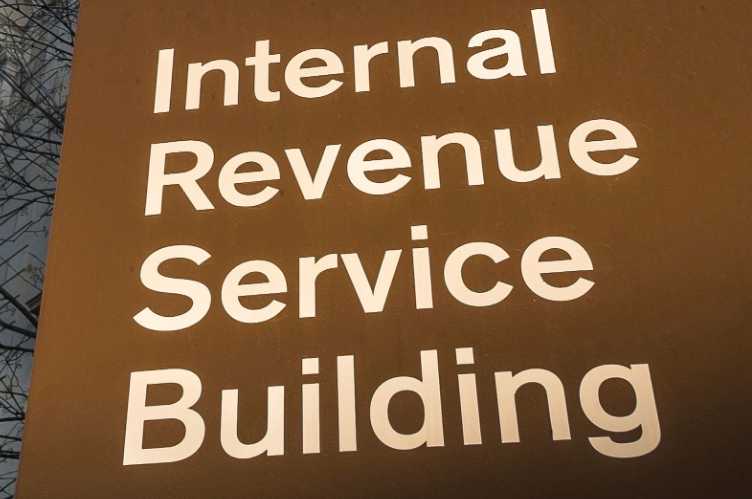Federal COVID-19 relief funding enables 18-month budget for Alaska Marine Highway System; plan will provide stability in budgeting, scheduling
 JUNEAU – The Alaska Marine Highway System, after years of struggling through budget uncertainty, now has a clear path to stability in budgeting and scheduling due to a deal between legislative leaders and the governor to use federal pandemic relief assistance on the ferries.
JUNEAU – The Alaska Marine Highway System, after years of struggling through budget uncertainty, now has a clear path to stability in budgeting and scheduling due to a deal between legislative leaders and the governor to use federal pandemic relief assistance on the ferries.
Once the plan is finalized by policymakers, the ferry system’s budget will be forward funded to cover operations from this July through the end of 2022, providing 18 months of operational certainty. This will enable the system to retain receipts from ticket sales and replenish the Alaska Marine Highway Fund.
The plan includes a $6.7 million increase to AMHS from last year’s budget, an approach made possible by an influx of $193 million in federal funding which allows legislators to maximize Alaska’s limited state resources.
“I thank the governor and my fellow lawmakers for supporting a plan that will finally provide some certainty for the ferry system,” House Speaker Louise Stutes (R-Kodiak) said. “Coastal Alaskans who spoke up and demanded stability in the Alaska Marine Highway System are the reason we are finally at a point where political leaders across the state and from both parties support long-term funding.”
“A healthy marine highway supports virtually every essential service, connects economies, provides access to healthcare, and fills grocery store shelves,” said Rep. Dan Ortiz (I-Ketchikan). “It is the state’s responsibility to make sure Alaskans have reliable infrastructure, and this plan advances toward that goal.”
Forward funding also has the added benefit of increasing revenue. AMHS estimates a revenue increase of 5 percent to 10 percent when scheduling is consistent and available months in advance.
An initial draft of the plan was unveiled last week by the House Finance Committee, and details will be finalized in the weeks ahead through the operating budget process.
⚓
[content id=”79272″]








